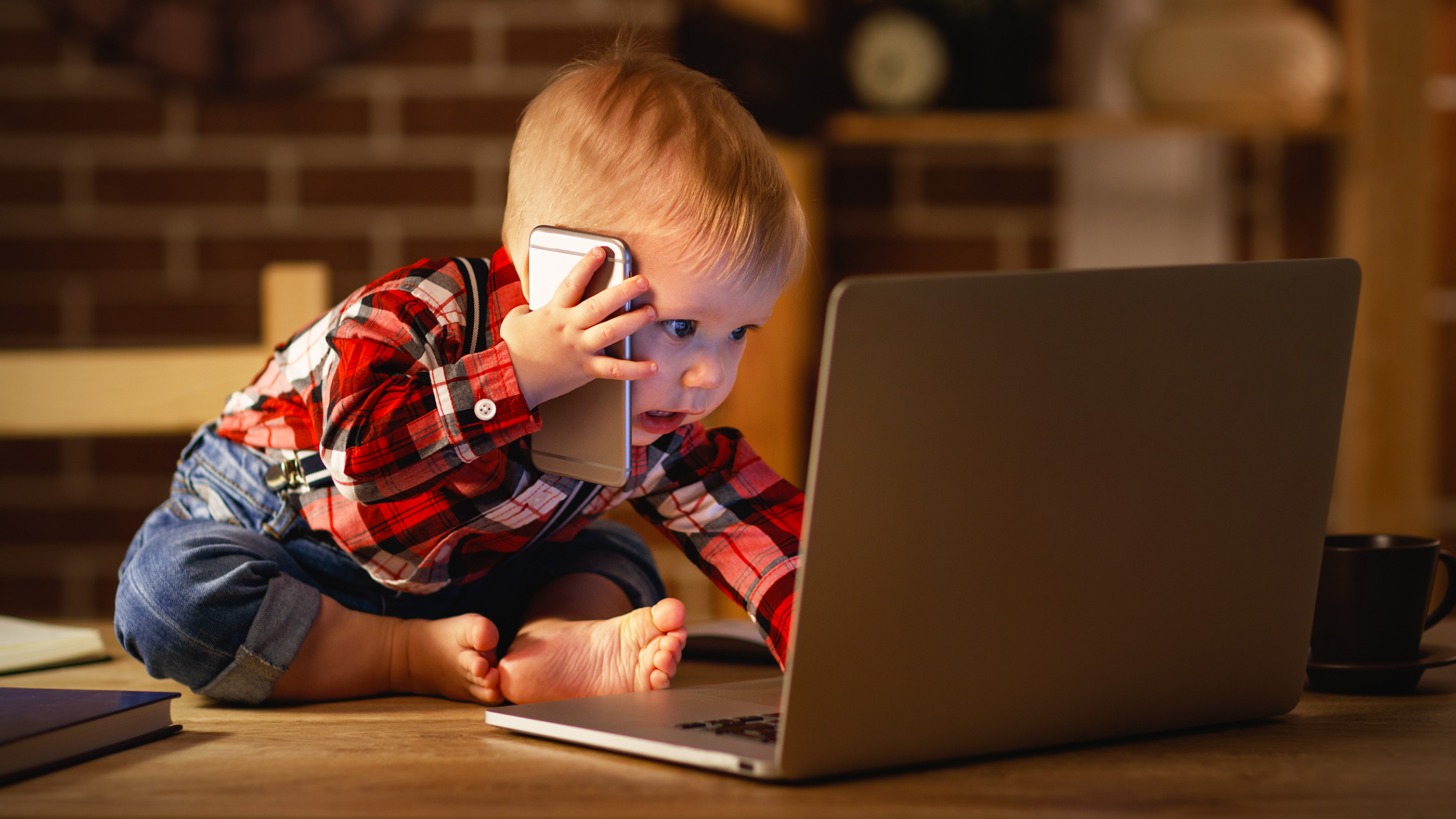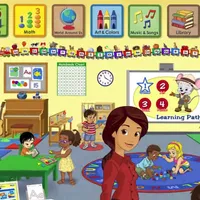Tips for handling work and kids during COVID-19 isolation
Working and supervising children during a pandemic has the potential to create stress and family conflict.

Get the world’s most fascinating discoveries delivered straight to your inbox.
You are now subscribed
Your newsletter sign-up was successful
Want to add more newsletters?

Delivered Daily
Daily Newsletter
Sign up for the latest discoveries, groundbreaking research and fascinating breakthroughs that impact you and the wider world direct to your inbox.

Once a week
Life's Little Mysteries
Feed your curiosity with an exclusive mystery every week, solved with science and delivered direct to your inbox before it's seen anywhere else.

Once a week
How It Works
Sign up to our free science & technology newsletter for your weekly fix of fascinating articles, quick quizzes, amazing images, and more

Delivered daily
Space.com Newsletter
Breaking space news, the latest updates on rocket launches, skywatching events and more!

Once a month
Watch This Space
Sign up to our monthly entertainment newsletter to keep up with all our coverage of the latest sci-fi and space movies, tv shows, games and books.

Once a week
Night Sky This Week
Discover this week's must-see night sky events, moon phases, and stunning astrophotos. Sign up for our skywatching newsletter and explore the universe with us!
Join the club
Get full access to premium articles, exclusive features and a growing list of member rewards.
With school districts across the country shutting down for weeks or months, many parents are finding themselves working from home while parenting.
It's a challenging balance that has already spawned social media jokes like the "my coworker…" meme. (Describe your child's behavior as if they were your coworker; the exercise involves a lot of reports of coworkers refusing to wear pants.) But jokes aside, the combination of working and supervising children during a pandemic has the potential to create stress and family conflict. Experts say that the best route forward is to maintain some semblance of structure, while allowing that this is an unprecedented situation.
"I would say to parents, do your best and cut yourself some slack as well, because it is not really possible for parents to suddenly be able to juggle everything, to be 100% present, to oversee all their children's homeschooling with complete efficiency and also to do their job," said Eli Lebowitz, a clinical psychologist at the Yale School of Medicine who treats child anxiety.
Related: The ultimate kids' guide to the new coronavirus
More: 11 essential tips for working from home (from our sister site Tom's Guide)
Explaining COVID-19 to kids
The one-month trial gives you access to all of the educational site's 9,000 activities in reading, science, math and art. Keep your child busy and learning while we are all stuck indoors.
The first challenge many parents are facing is how to explain the coronavirus pandemic to their children, particularly given the uncertainty over how long school closures may last. (Some states have already announced that students will not return to school this academic year; others are so far under closures lasting several weeks.)
The exact information that parents give to their children will differ depending on the child's age, Lebowitz said, but one important rule is to maintain calm when speaking to children about COVID-19.
"If they perceive the parent as being very anxious and scared and worried, then that's what they're going to pick up even if the words are not necessarily all that charged," Lebowitz told Live Science.
Get the world’s most fascinating discoveries delivered straight to your inbox.
It's important to be factual and give clear explanations of the situation, said Matthew Cruger, the senior director of the learning and development center at the Child Mind Institute, a nonprofit organization dedicated to children's mental health. Don't overload children with information or bring up issues that they don't ask about, he said.
"The easiest rule of thumb is to try to be direct and honest and brief," Cruger told Live Science.
If children do exhibit stress or worry about the virus, ask them questions to gauge what they know and understand, Lebowitz said. Many may have heard misinformation from peers, or they might have misinterpreted something they overheard from adults. Accept and acknowledge the worry, he said, and try to give kids the sense that the changes happening around them are designed to keep everyone safe.
A new routine
While the sudden disappearance of daycare, school and other daily routines may be destabilizing, parents can combat this by setting up new routines, both Cruger and Lebowitz said. This doesn't have to be regimented or perfect, they said: A good start is to make sure everyone still wakes up at a reasonable hour, eats a good breakfast, brushes teeth and puts on clothes. Block out time for physical activity and try to give kids a sense of what life will look like, day-to-day, Lebowitz said.
Related: Activities and online resources for homebound kids: A coronavirus guide
"The sense of complete chaos is more anxiety-provoking for kids … than having a schedule," Lebowitz said.
A plan and a schedule can also help reduce conflict for school-age kids who might have academic work to do during school closures, he added. It's easier to get buy-in from kids to do a worksheet or reading or writing time if they know what to expect, rather than surprising them with a request to do homework when they were settling in with a video game or TV.
For younger kids who may struggle to play independently, Cruger recommends a graduated approach. Set aside short periods of quality time, when you can put away other responsibilities and focus on playing with your child. During this quality time, let the child direct the play and praise them for their ideas. When you need to do another task, stay nearby and tell the child to play by themselves, but to let you know if they need help.
"Being near your child while they play is sometimes sufficient," Cruger said.
Though chores with young kids can be more time-consuming than getting them done solo, Cruger also recommends including kids where you can: Mix pizza dough for dinner together or pancake batter in the morning. And use all hands, he said. If two or more caregivers are home, work out a predictable plan for trading off work time and childcare time, he said.
- Coronavirus in the US: Map, case counts and news
- The 12 deadliest viruses on Earth
- 20 of the worst pandemics and epidemics in history
Originally published on Live Science.

Stephanie Pappas is a contributing writer for Live Science, covering topics ranging from geoscience to archaeology to the human brain and behavior. She was previously a senior writer for Live Science but is now a freelancer based in Denver, Colorado, and regularly contributes to Scientific American and The Monitor, the monthly magazine of the American Psychological Association. Stephanie received a bachelor's degree in psychology from the University of South Carolina and a graduate certificate in science communication from the University of California, Santa Cruz.
 Live Science Plus
Live Science Plus











